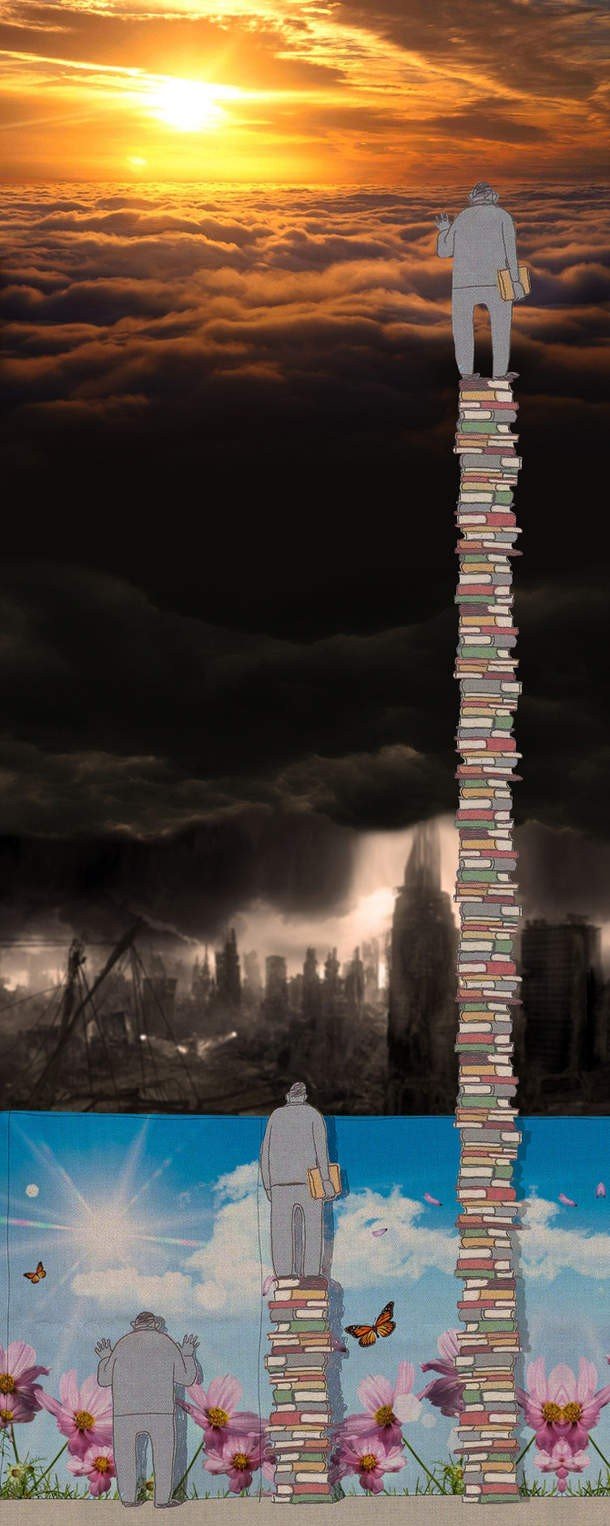Dube 1
Marcel Dube
Dr. Preston
AP English Literature & Composition
9 June 2015
At any given time I can only speak for myself, I will
never truly understand someone’s insights on what they deserve, only speculate.
However this being said I know perfectly well how I treated this class and I
can’t say for sure I deserved it at the beginning due to my occupation as a
novice but now at the end I can full heartily say I deserve your trust, this
experience gave me the control over my newly founded abilities to make my
future my reality. At the end I can say
I honored the trust of this environment and in doing so say I earned my keep
among the class due to acquiring the skills that this class set out to provide.
My passions have always been part of me but rather
rampant, undefined, and riveted with anguish as these thoughts of the world
keep prodding at my inner self to find something more; I can’t say when I truly
found an answer. Maybe it was when I was reading Hamlet that I knew others
thought this way due to Shakespeare exhibiting these thoughts through his
character Hamlet so well but in the end no one will admit to these inner
thoughts only silently agree which makes me laugh at how close we are to having
the chance to understand each other and move forward but choose not to in fear
of discrimination. Maybe it was when I reconvened with my old friend Aldous Huxley
in his novel in his novel A Brave New World in which could encompass our future
in a terrible or more simplistic way for
Dube 2
the sake of humanity. Even now as I build an Idea to become a philosopher
and investigate options of a 3rd variety I can’t say for certainty
this was my answer, most likely it’ll just drive me forward in a search for
peace from these protruding thoughts that torment my mind.
These presentations have shown me that everyone wants to
do something to alter the world and change it in beneficial ways to themselves,
its denizens, or even both. Hikaru’s presentation would benefit both parties if
he is successful in opening a tech company for advancements in humanity tech
archives. Cameron’s project is one of the most noble because solving world
hunger with the use of the world’s obesity epidemic is essentially killing two
birds with one stone and beneficial to all. Another noble project was Danielle/
Erica of equality among humanity which shouldn’t even need to be address but
sadly finds itself needed out of necessity to humanities survival would be
entirely beneficial to if they keep with it. There were quite a few noble and
purposeful masterpieces that were displayed this last week and in the end it
all boils down to the common theme that you should throw out all of the nay sayers
and do what you feel you can, this quote accurately describes this “kick logic
out the window and do the impossible” -Simon the Digger.
Who says I’m the hero, were not special, were not different
from each other by much but we are the hero of our perspective universe and the
can be whatever you make of it. So in a way I am a hero but my journey is one
for alteration of these planes of decision and will never be over unless I can
quench these flourishing horrors the drown my mind and only then can I meet me
my end and who knows maybe in the end I’ll be exalted like that of Beowulf.
